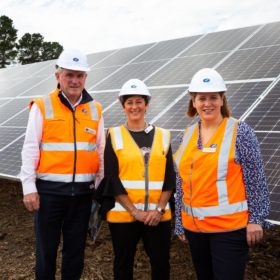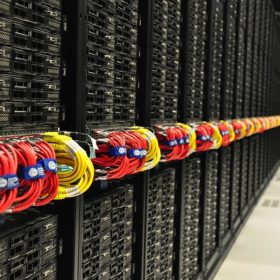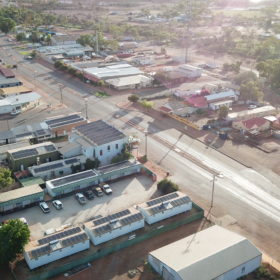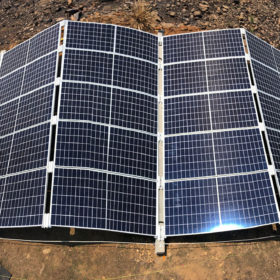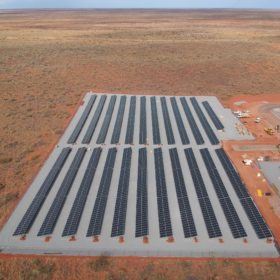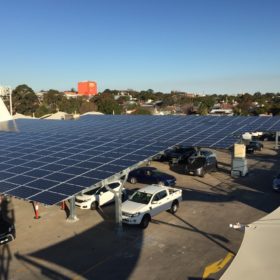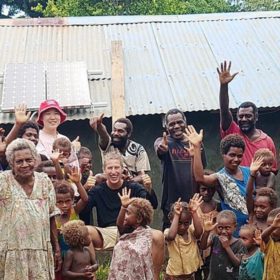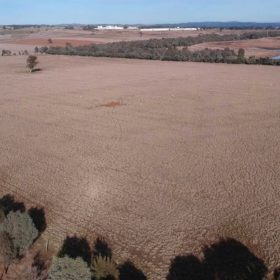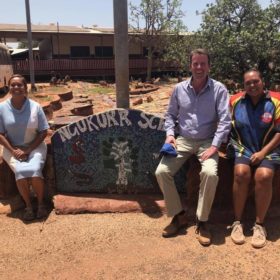Central Highlands Water joins river of utilities flowing from the sun
Victoria’s Central Highlands Water becomes yet another tributary to the river of Australian water utilities to invest in solar. The utility’s community-driven Solar Initiative could see half of its energy needs met with solar PV.
Queensland supercomputer to test seamless integration of renewables on and off the grid
A world-class research and development hub planned for Cairns will be home to a supercomputer that will be used to simulate and model intricate networks in order to enable renewable energy and energy storage to form a greater part of microgrids and isolated systems for remote communities.
Golden solar flowing from the taps of iconic Meekatharra pub
The Meekatharra Solar Consortium is a spirited community initiative in the West Australian Outback town of Meekathurra. The Consortium has installed solar PV across two turn-of-the-century buildings and intends to share the solar power with the community.
Mike Cannon-Brookes, 5B Solar and Tesla to bring power to bushfire communities
A new venture funded by the Cannon-Brookes family is looking to install stand-alone solar and battery systems at up to 100 sites around Australia affected by recent bushfires and floods.
Microgrid management technology hard at work in Onslow
PXiSE says its microgrid controller technology is successfully managing the output of a solar farm and a grid-scale battery in coordination with a gas power station in the coastal town of Onslow. It now readies for the next stages of deployment of its software solution across Horizon Power’s network.
Sydney’s Inner West targets 1000% increase in solar generation
Sydney’s Inner West Council has set an ambitious target of 1000% increase in solar generation over the next decade. Council is seeking Expressions of Interest from all parties as the Inner West looks to help its residents toward a sustainable future.
UNSW students and solar PV in remote Vanuatuan communities
UNSW student groups have been visiting Tanna Island in Vanuatu for over a decade. The solar PV solutions they’ve brought with them have helped many communities, but since Cyclone Pam tore through the region in 2015, sustainable solar is more important more than ever.
Wagga Wagga goes solar solar
As part of its $1.7 million investment in a greener future, the City of Wagga Wagga is set to install a series of solar PV arrays across its sites. Meanwhile, construction continues on the nearby 120 MW Bomen Solar Farm.
Northern Territory schools set for solar savings
Northern Territory Labor’s $5 million Rooftop Solar Program to Reduce School Electricity Costs has finalised the schools chosen for the three-year program. The program forms part of the Territory’s Roadmap to Renewables Plan.
Community energy movement: Reductions enable Resilience
Even a casual observer of the political debate over climate change in Australia would almost have whiplash from the abrupt turn from low-key climate denialism to focus on resilience and adaptation in the face of climate catastrophes.
